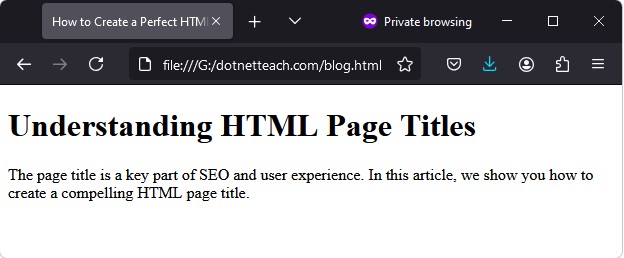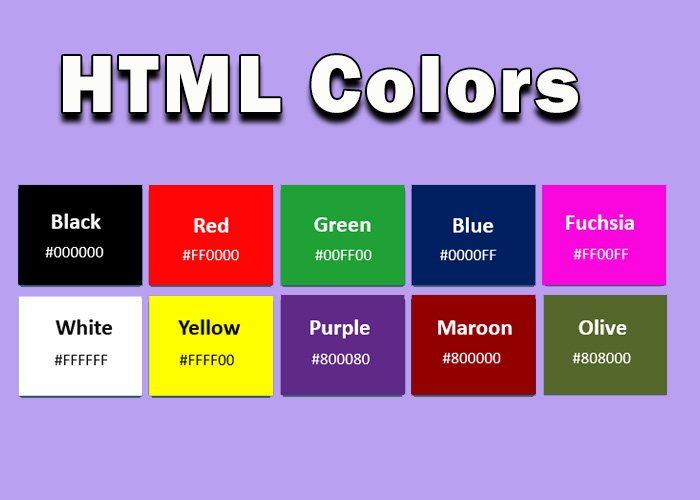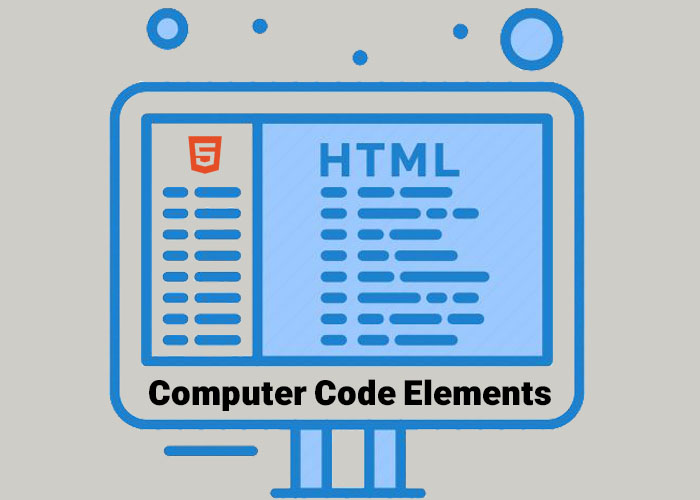The title of your HTML page is really important for both how users see it and how it ranks in search engines. It’s what shows up at the top of the browser tab and as the clickable headline in search results. If you’re not familiar with HTML, you can check out our Comprehensive Guide on What HTML Is to get started.
What Is an HTML Page Title?
An HTML page title is the text you put in the <title> tag within the <head> part of an HTML document. It shows up at the top of the browser and helps search engines understand what your page is about. It’s often the first thing people see, either in their tabs or in search results, so it’s important to get it right.
Why Is the HTML Page Title Important?
SEO Impact: Search engines use page titles to figure out what your page is about. It’s one of the most important factors for on-page SEO.
User Experience: People often have many tabs open. A good page title helps them understand what your page is about and find their way back to it easily.
Social Sharing: When your page is shared on social media, the title often becomes the headline. A catchy title can help get more clicks.
How to Write an Effective Page Title
Writing a good page title takes more than just adding keywords. You need to make it clear and engaging.
1. Include Primary Keywords
Put your main keyword in the title, preferably at the start. This helps both search engines and users understand what your page is about.
Example:
<title>Learn HTML: A Comprehensive Beginner's Guide</title>2. Keep It Concise
Search engines usually cut off titles longer than 60 characters. Try to keep it between 50-60 characters so it’s fully displayed.
Example:
<title>Top 10 HTML Tips for Beginners</title>3. Make It Descriptive
Make sure the title clearly tells what the page is about. Avoid generic titles like “Home” or “Page 1”—they don’t help users or search engines.
Example:
<title>How to Add Images in HTML: Step-by-Step Guide</title>4. Add Your Brand Name
Adding your brand name at the end can help build recognition, especially if your brand is well-known.
Example:
<title>HTML Tutorial for Beginners - DotNetTeach</title>Best Practices for HTML Page Titles
Avoid Keyword Stuffing: Don’t overload the title with keywords. Stick to one main keyword and maybe one or two secondary ones.
Use Action Words: Words like “Learn,” “Discover,” or “Guide” can make the title more engaging.
Match Search Intent: Think about what people might type in a search bar to find your page. Write a title that fits that intent.
Test Variations: If you have a big audience, try different titles to see which gets the most clicks.
Example: Full HTML Document with Title
Here’s a complete HTML example with a good page title:
<!DOCTYPE html>
<html lang="en">
<head>
<meta charset="UTF-8">
<meta name="viewport" content="width=device-width, initial-scale=1.0">
<title>How to Create a Perfect HTML Page Title - DotNetTeach</title>
</head>
<body>
<h1>Understanding HTML Page Titles</h1>
<p>The page title is a key part of SEO and user experience. In this article, we show you how to create a compelling HTML page title.</p>
</body>
</html>
Common Mistakes to Avoid
Generic Titles: Titles like “Welcome” or “Home” don’t help with SEO and don’t tell users what to expect.
Titles Too Long or Too Short: Make sure your titles aren’t too long or too short. Both can reduce how effective they are.
Irrelevant Titles: Make sure the title matches the page content. Mismatched titles can confuse users and increase bounce rates.
Conclusion
Writing a good HTML page title is key for anyone building websites. It affects how users and search engines see your page. By including main keywords, keeping it short, and making it clear, you can create titles that get clicks and help your SEO. Your page title is often the first thing people see—make it count!




